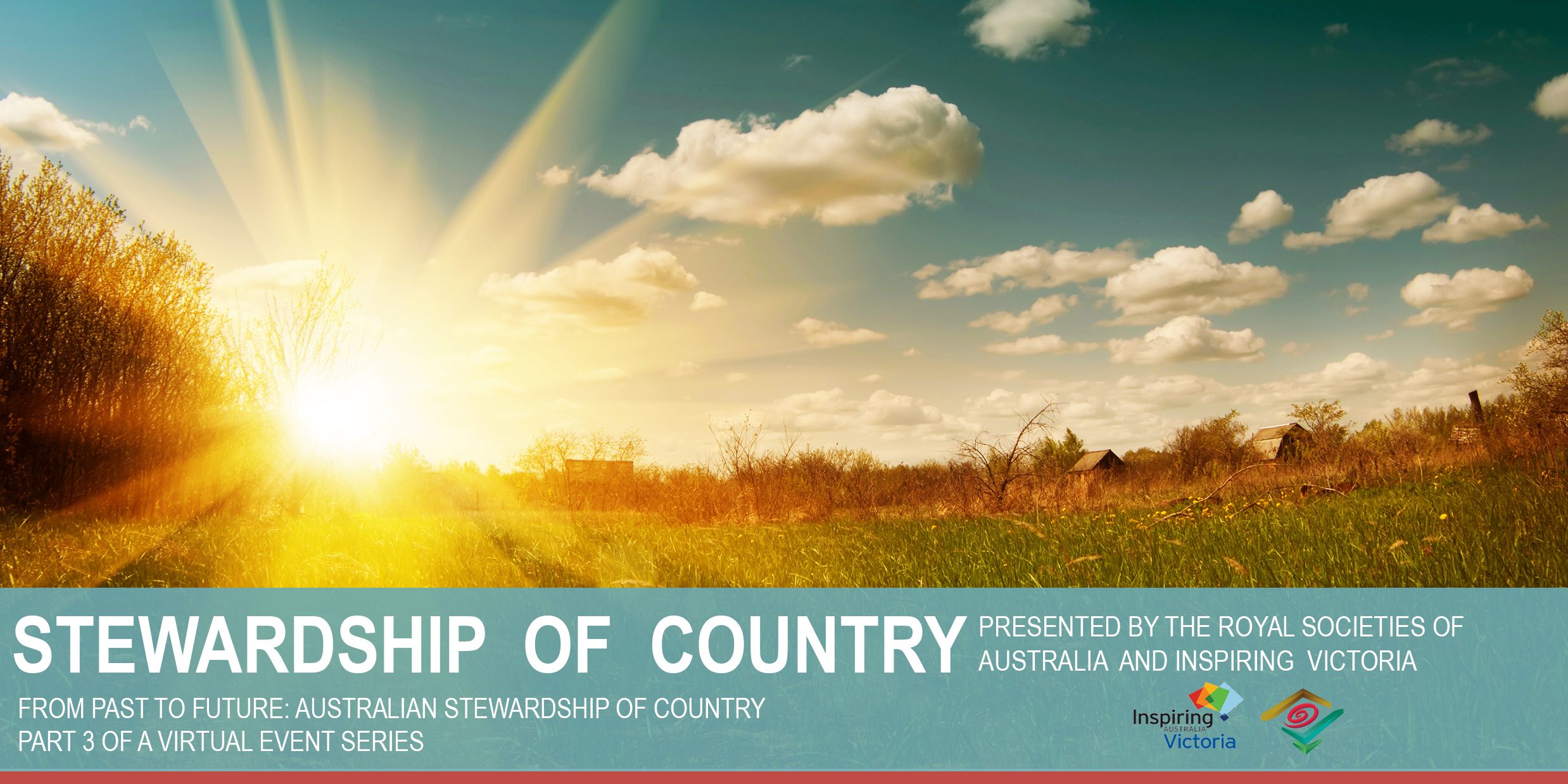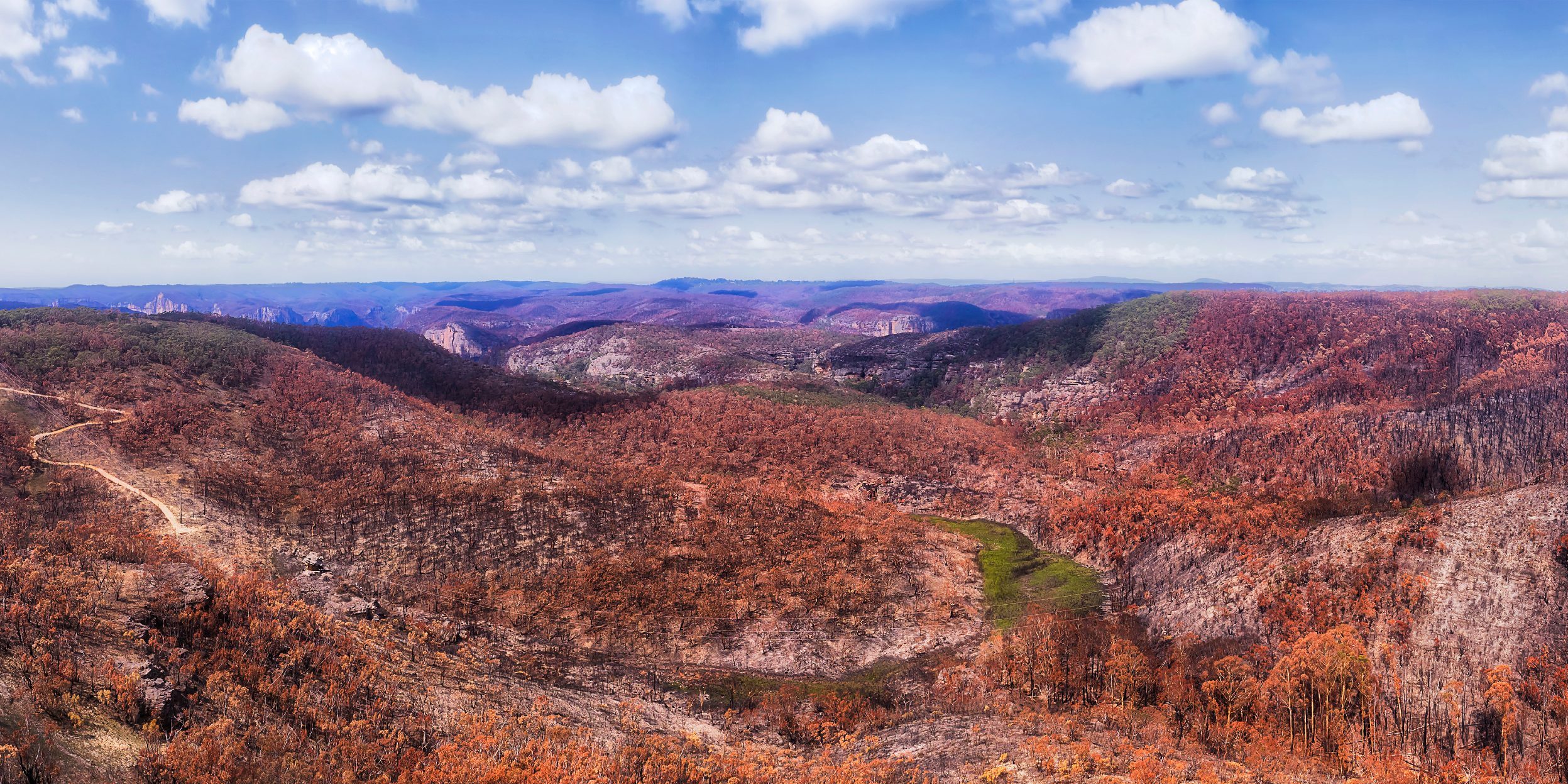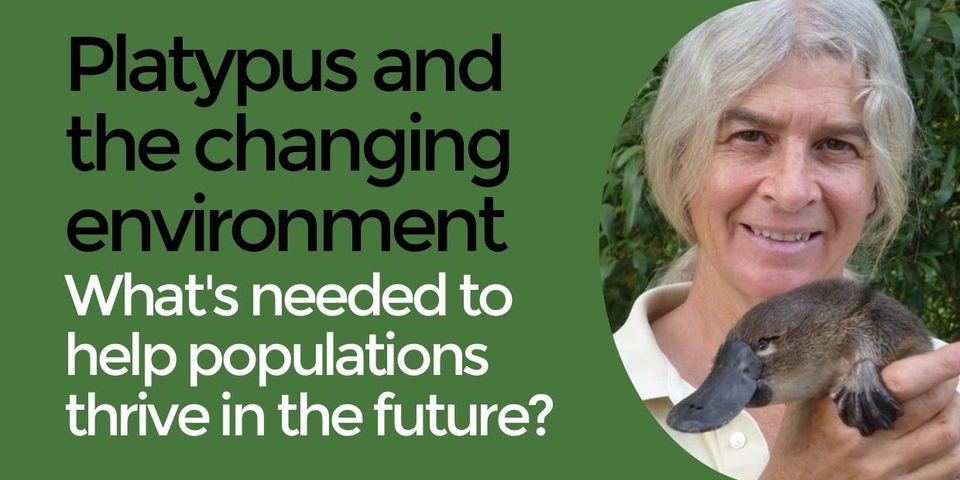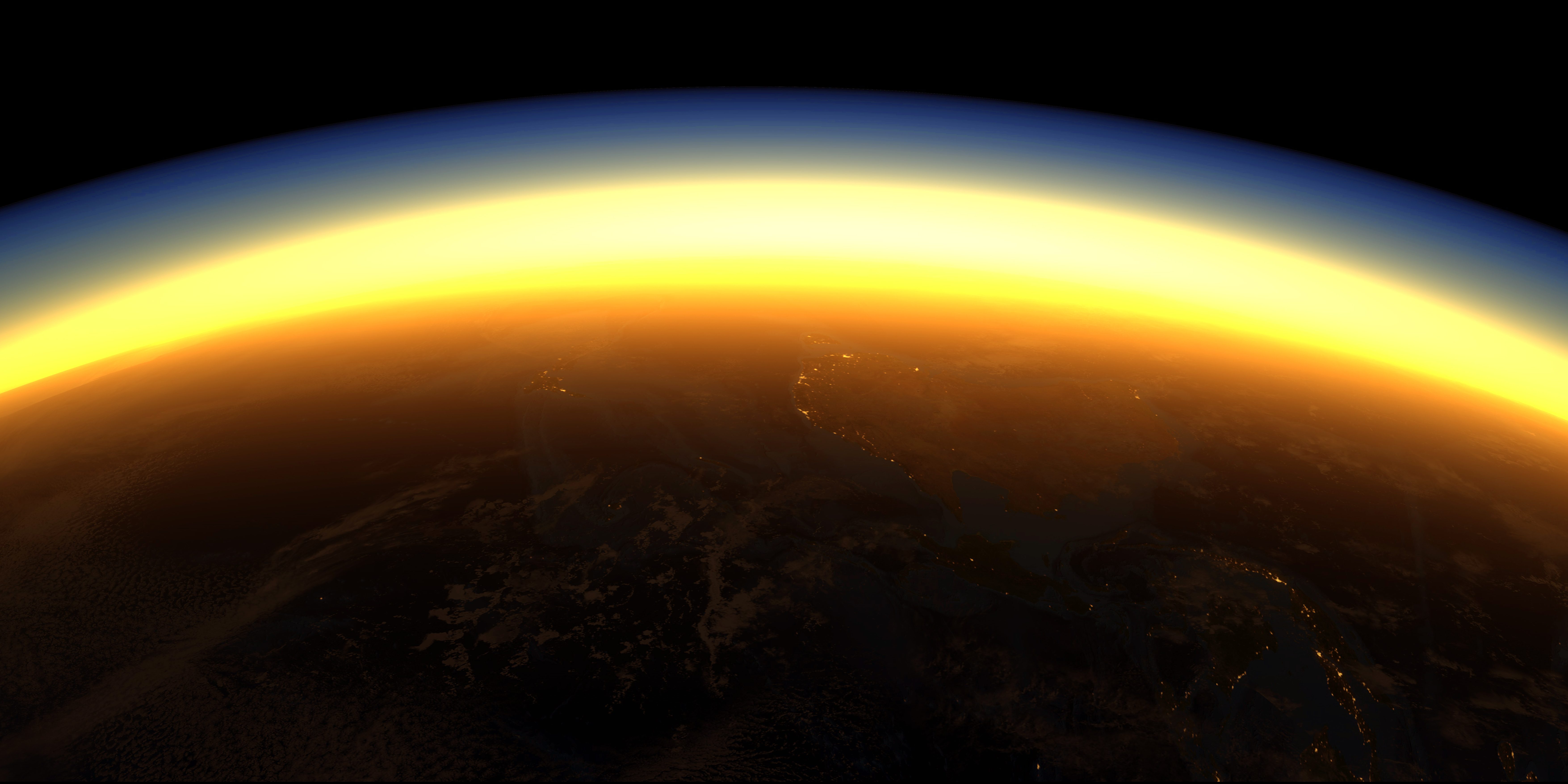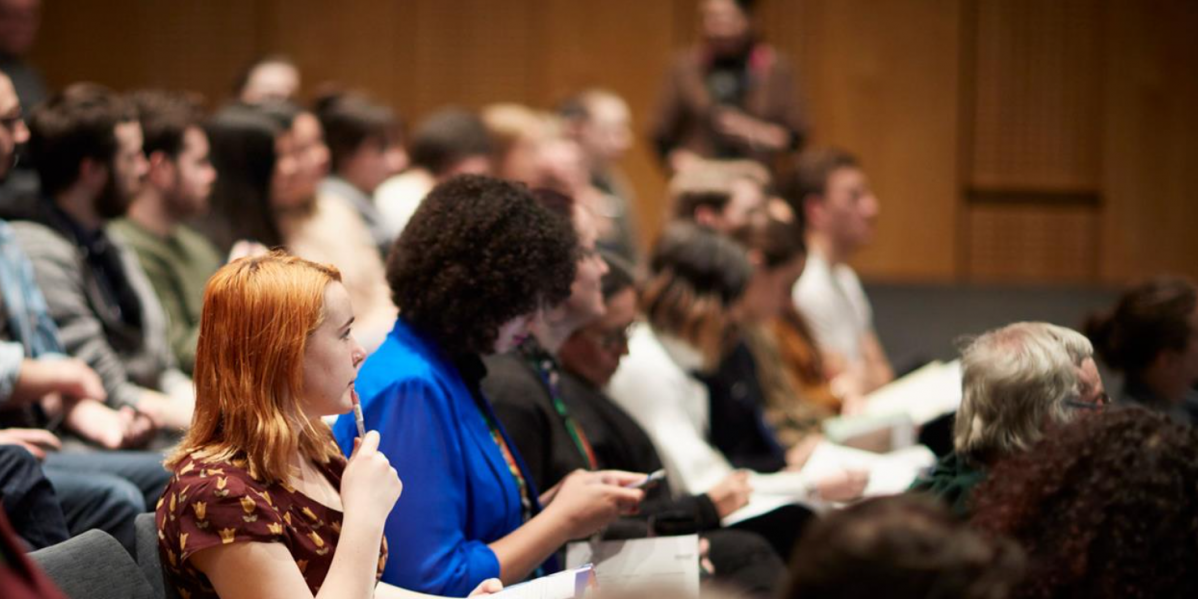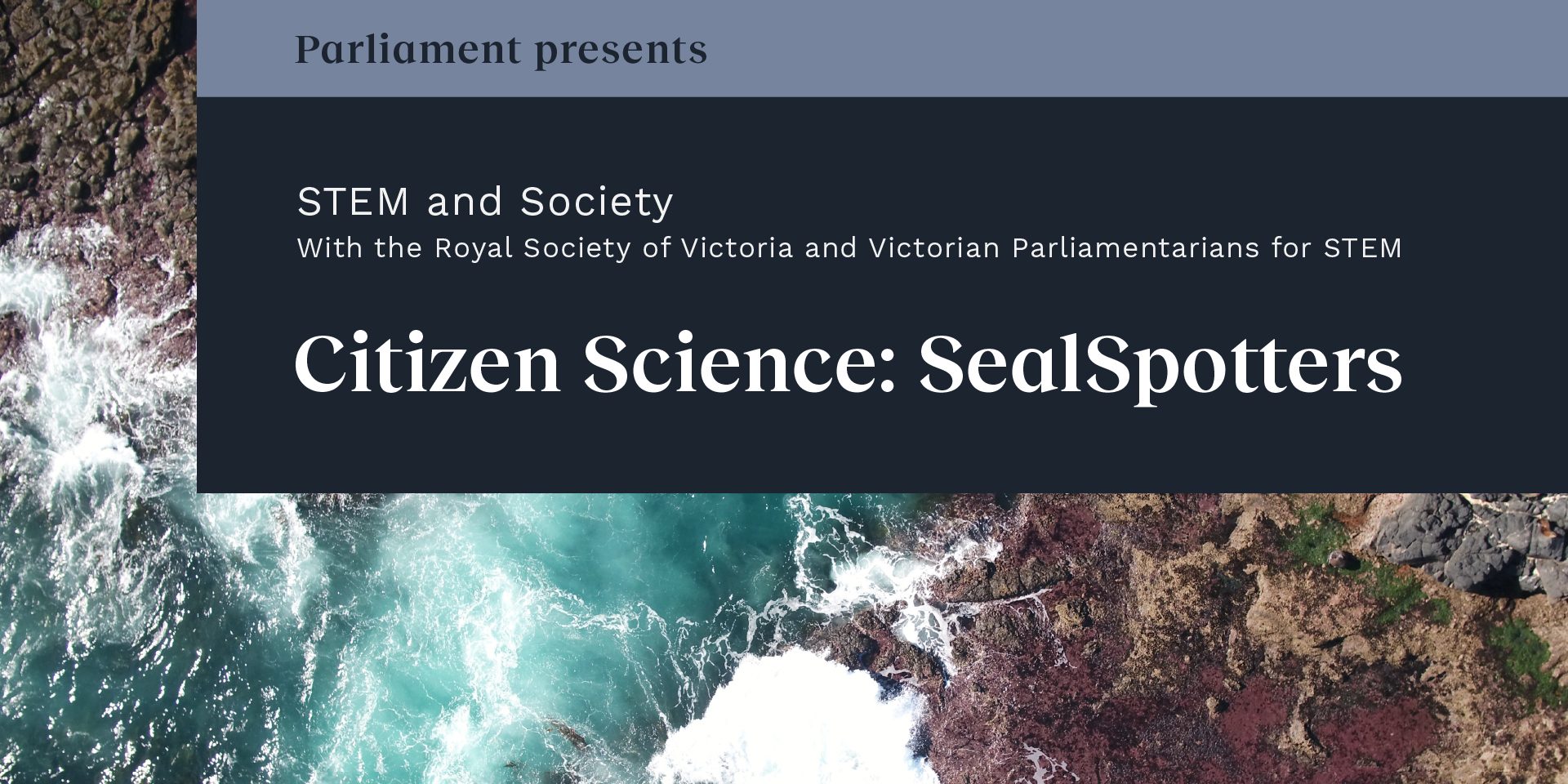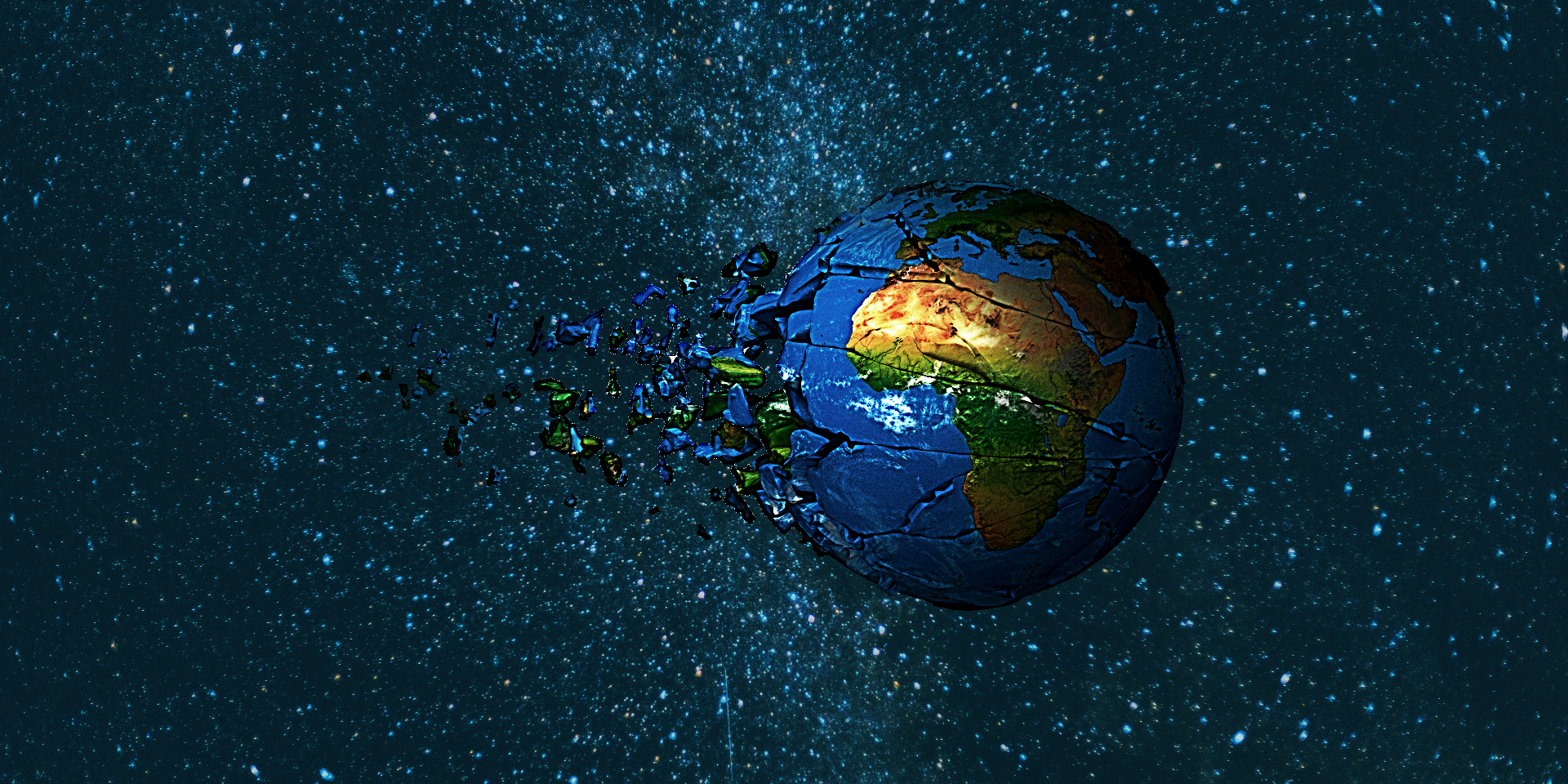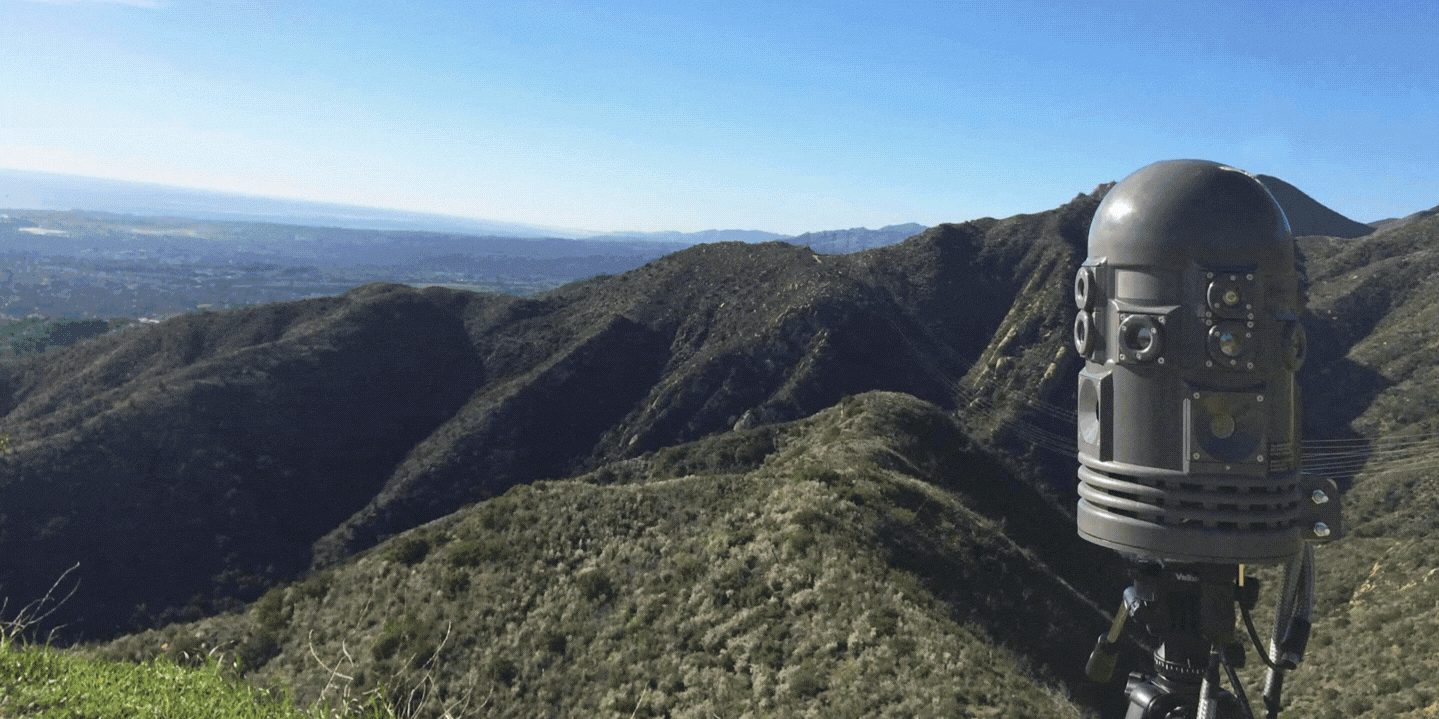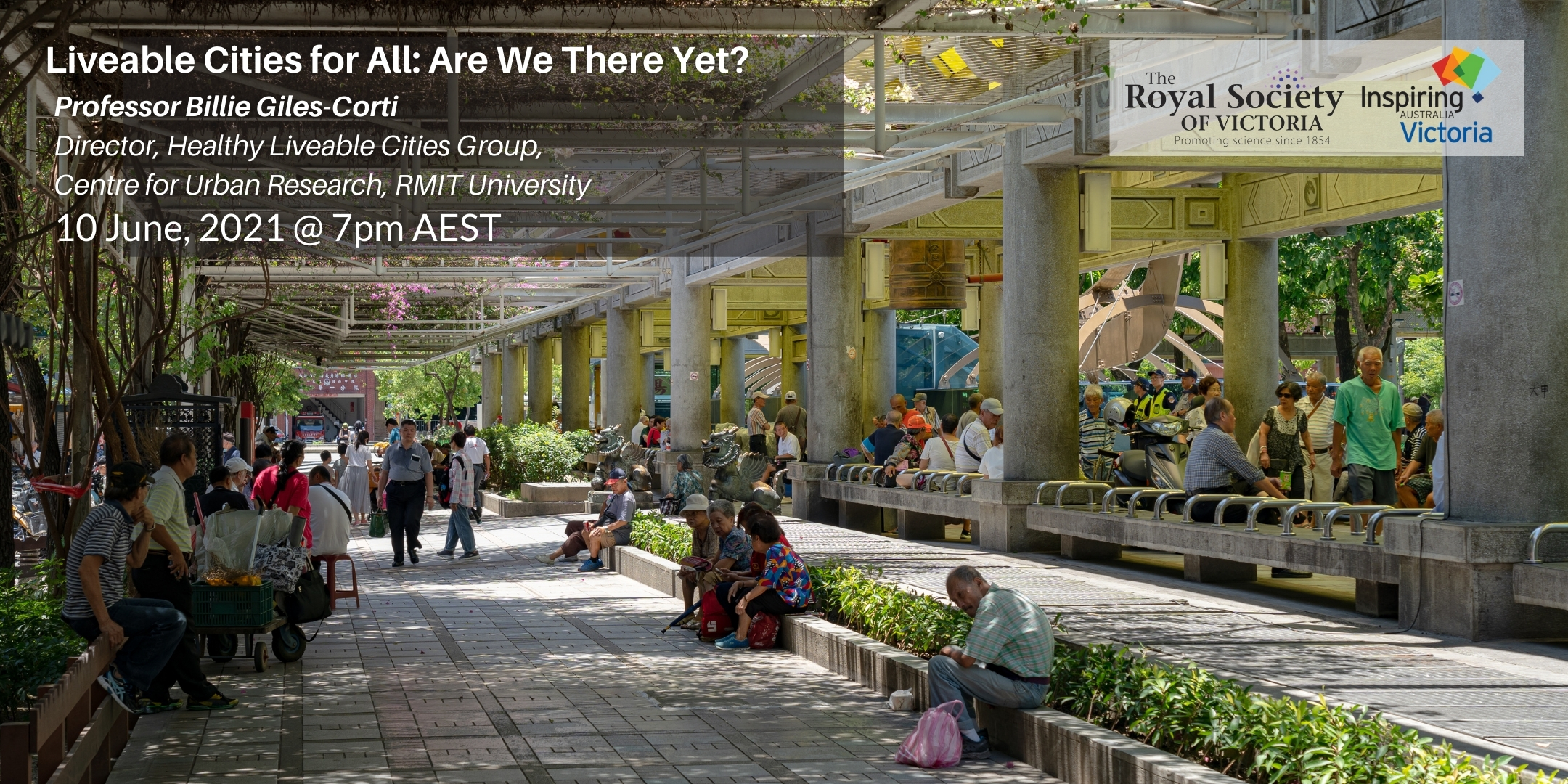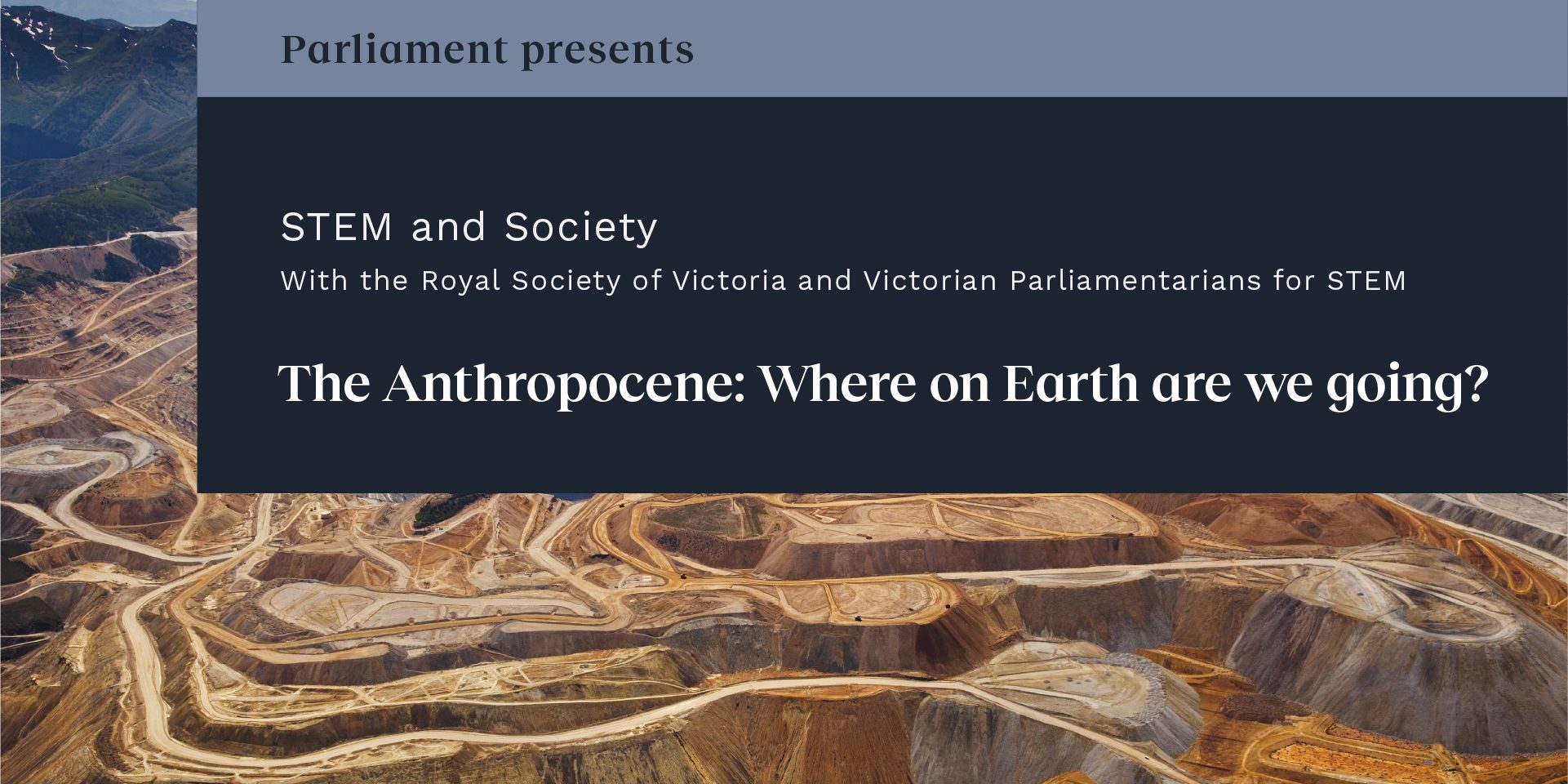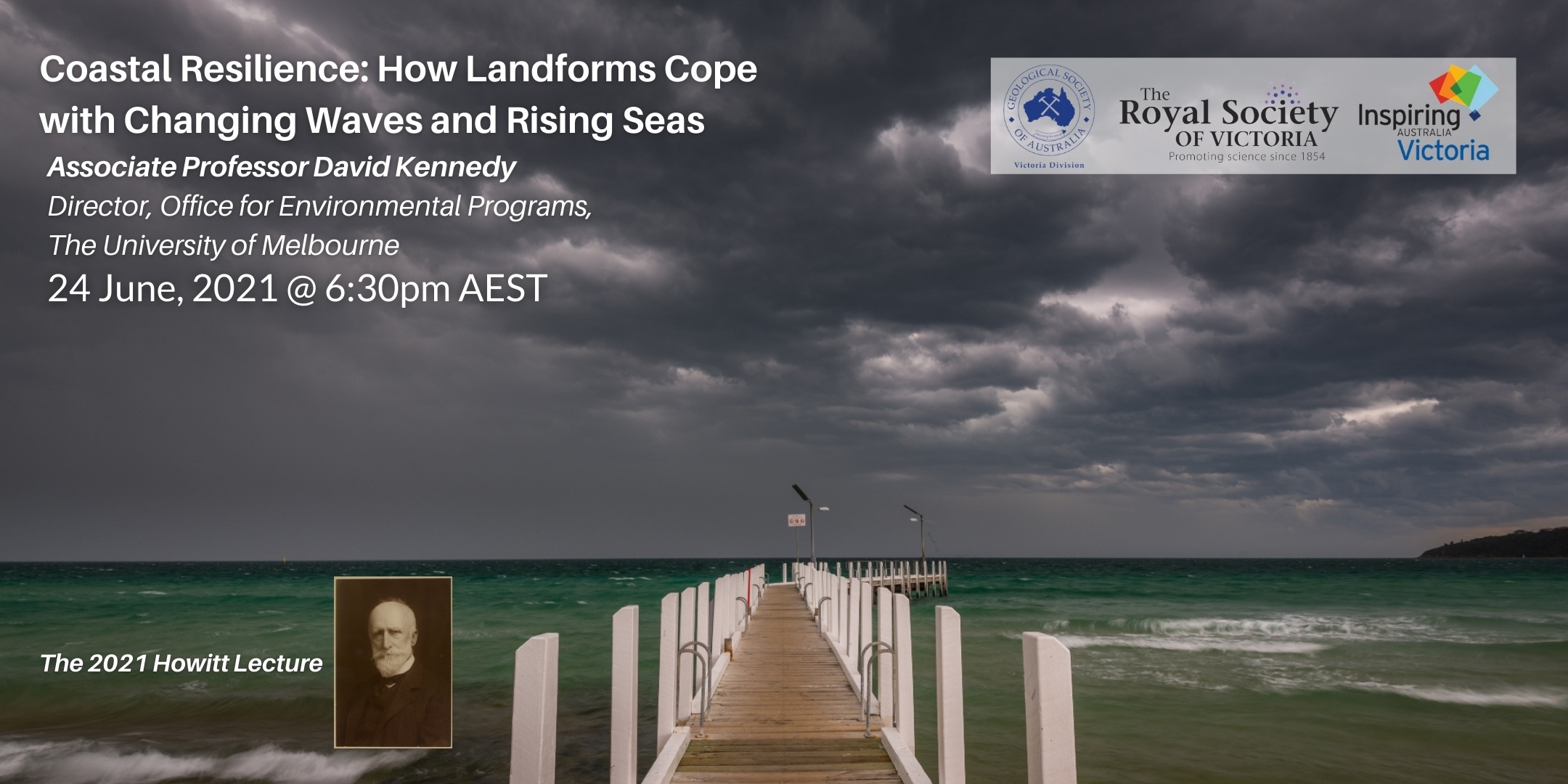Stewardship of Country – From Past to Future
Online , AustraliaSeeking a new model for the management of Australian landscapes so our natural systems are conserved and regenerated for future generations. Join the Royal Societies of Australia and Inspiring Victoria for the final in this series of three webinars, aiming to generate a discussion of landscape and environmental stewardship that bridges Indigenous, agricultural, scientific, economic…

